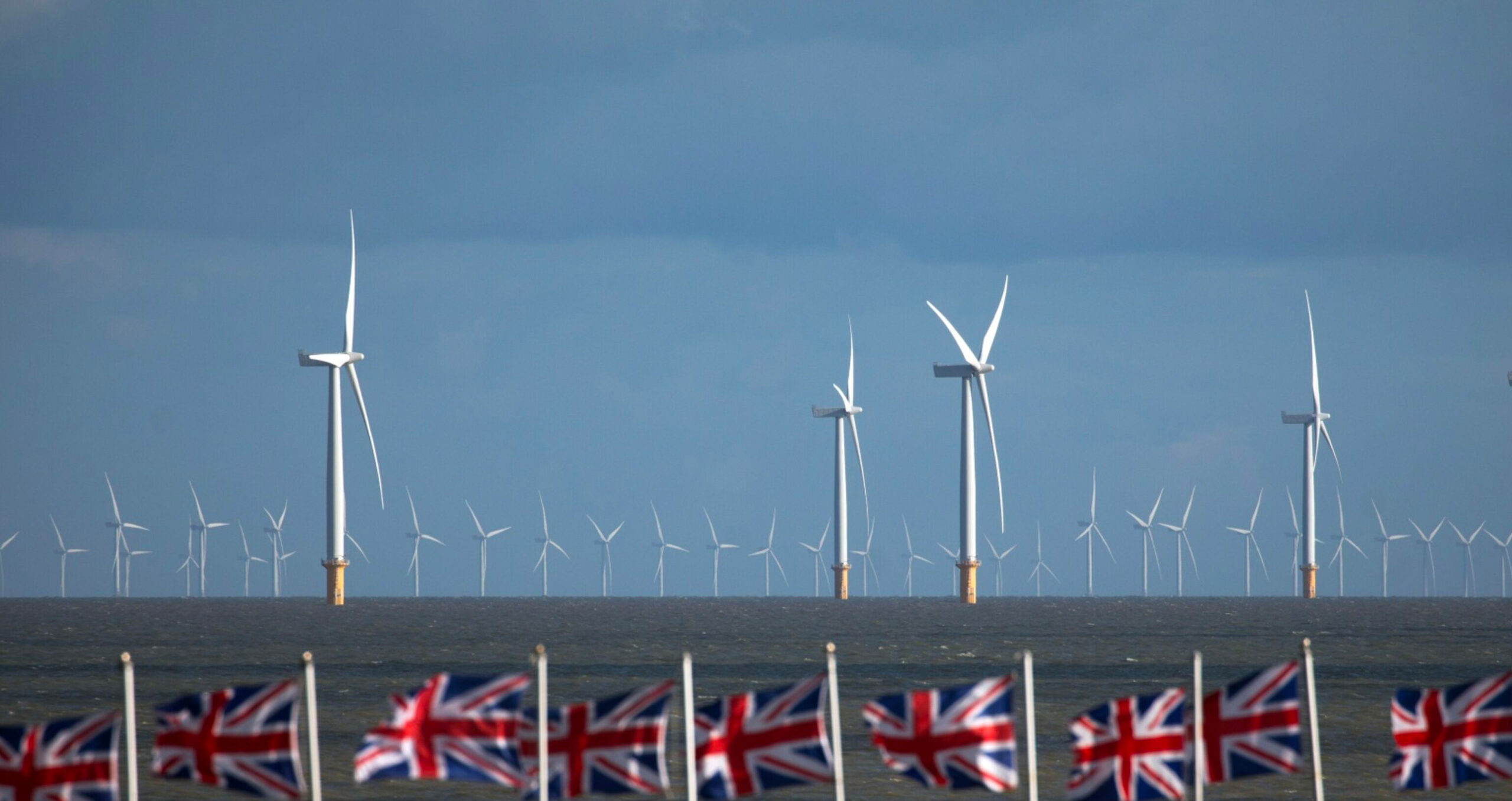
UK government consults on considering ‘non-price factors’ in CfD auctions

Under the proposal, applicants to the UK’s contracts for difference scheme could incorporate other elements, such as supply chain sustainability, in their bids.
The UK government has published a call for evidence with a view to including “non-price factors” in contracts for difference auctions.
Under the current CfD scheme, designed to incentivise investment in low-carbon electricity generation, developers bid for private law contracts with the government-owned Low Carbon Contracts Company, which are awarded on the lowest bid price submitted.
Successful bidders are paid a flat, indexed rate for the electricity they produce over a 15-year timeline. This is set at the difference between the strike price, which reflects the cost of investment, and the reference price, which measures the average market price for electricity.
However, in January, an independent review of the UK’s net zero approach, led by former energy minister Chris Skidmore, highlighted industry requests for reforms to the CfD scheme. These included the consideration of wider factors, including the supply chain, when projects are contracted out.
The government has recognised participants are battling increases in both costs and supply chain disruption, along with restrained manufacturing capacity for essential components. It is therefore taking views on whether to consider other factors and not just the bid price when awarding a CfD contract.
Missed opportunity
There have been four auction rounds completed since the first took place in 2015, and two more are planned. The government says the per-unit price of offshore wind has dropped by nearly 70 per cent between the first and most recent auction, which concluded in 2022.
Skidmore’s review reported calls from industry for a clearer timeline on auctions, while energy giant BP told it that “the existing CfD model focuses solely on lowest cost electricity”.
“This in turn drives developer procurement activities to seek lowest cost supply markets to enable projects to remain economically viable at such low electricity pricing,” BP said. “The current CfD model thus misses the opportunity of helping foster the UK supply chain, with all the associated benefits this would bring, such as jobs and the potential for export once that UK capacity has developed.”
The current structure also limits developers’ ability to collaborate on supply chains, the review was told, “as every developer’s pipeline is subject to the risk of failing to secure a CfD contract in any given allocation round”.
Under the government’s latest proposals, the cheapest bids would no longer win CfDs by default. It was acknowledged, however, that including non-price factors could increase costs that could be passed onto consumers, as well as making auctions more complex.
Points for decarbonisation
In recognition of the capacity challenges faced by supply chains, the government has also suggested that developers could be rewarded for using small and medium-sized enterprises as part of an auction, while investment in infrastructure and collaboration could also win developers points as part of the process.
Supply chain decarbonisation, sustainable procurement and sustainable decommissioning were also among the list of suggested non-price factors, as well as investment in research and development, and investment in bridging any gaps in skills.
The government has asked respondents to consider the merits of three models for incorporating these factors within the auction. The first model proposed would see the current auction process left unchanged, and successful bidders that score highly on non-price factors would receive a “top-up” to the CfD strike price.
The second model would see bids re-ranked to include a score for non-price factors, meaning the lowest price bid would not automatically win, while the third model would alter the formula used to predict the yearly budget impact of project bidding into a CfD allocation round.
“Whilst the aim of these proposals is to build on record low renewables prices by securing benefits in UK manufacturing and jobs, the main question is whether they can overcome the damage done by recent tax changes,” the Energy & Climate Intelligence Unit’s head of analysis, Simon Cran-McGreehin, told Sustainable Views.
“Just at the time when we need to be rolling out renewables faster to cut our dependence on oil and gas imports, the Government spooked investors with its poorly-targeted windfall tax on the growing renewables sector, whilst continuing to subsidise the declining oil and gas industry,” he continued.
“With the G7 agreeing this weekend to accelerate the phase-out of fossil fuels, the UK’s approach doesn’t make sense, and we risk losing out on secure energy and skilled jobs.”
The call for evidence closes on May 22.

